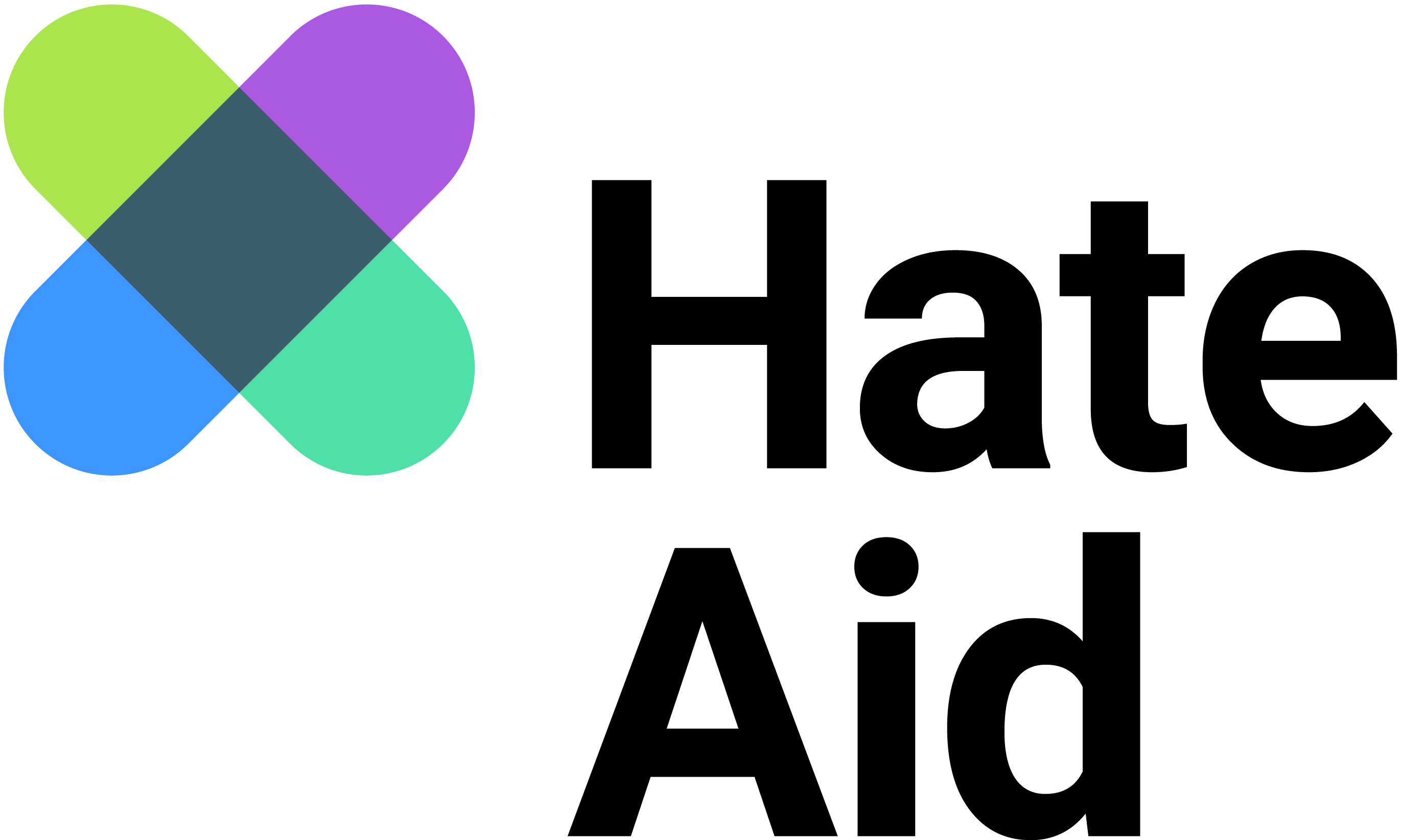#NotYourBusiness: Landmark case against Google – taking legal action over image-based sexual abuse
A HateAid client has filed a lawsuit against Google. Since 2023, her intimate images have been disseminated online thousands of times without her consent. These images can be found in connection with her real name via Google Image Search. Despite thousands of reports and delistings of search results containing her images, the pictures continue to reappear in Google Image Search.
Now, together with the law firm Preu Bohlig, the client is taking legal action against the search engine. She seeks to have all previously reported images – as well as identical or substantially similar ones – permanently removed from Google Search. The human rights organisation HateAid is supporting the lawsuit.
Data from the client’s private database, including a copy of her identity card, were stolen. As a result, intimate photos and videos with her husband were published on pornographic websites without her knowledge or consent. Tagged with her real name and explicit keywords, the photos are particularly easy to find. The client discovered her intimate recordings by chance and turned to HateAid for support. Within one and a half years, the counselling service reported around 2,000 Google search results and requested their removal. Google generally complied with these requests and delisted the reported URLs. Nevertheless, the images continue to be re-uploaded and reappear as search results in Google Image Search. Google was therefore first asked and ultimately formally demanded by lawyers in an out-of-court procedure to keep the images permanently out of search results. However, Google did not comply with the request to stop displaying identical and substantially similar images in future search results.
Google bears partial responsibility for the mass dissemination of the private images, which are posted mainly on lesser-known pornographic websites. The search engine makes them accessible to a wide public and profits from the traffic. The mass dissemination considerably intensifies the client’s suffering. Her private circle and colleagues came across the images via Google. She was forced to change both her job and her place of residence.
This HateAid client is not an isolated case. Women in particular are subjected to abuse involving intimate images on a daily basis. Victims of image-based sexual abuse (IBSA) often face damaging social stigma.
According to Judith Strieder, HateAid Victim Support:
”The psychological burden on victims can be devastating. Control over the most private and intimate images is lost in an instant. Often forever. Many are in shock and are left feeling powerless and exposed. For victims, there is a life before and after. It will never be undone.“
The landmark case against Google is intended to clarify fundamental rights for victims of IBSA. Even if Google does not host the content itself, the published images constitute personal data within the meaning of the General Data Protection Regulation (GDPR). Google processes this data in its search function and is therefore bound by the GDPR. From the claimant’s perspective, Google is obliged to permanently delist the reported images in the image search as well as equivalent search results. The legal basis for this is Article 17 GDPR, the “right to be forgotten”. Whether Google can be compelled to do so must now be clarified in court.
Franziska Benning, Head of Legal at HateAid, comments:
”The role of search engines in the spread of image-based sexual abuse should not be underestimated. All too often, they are the very reason that stolen or falsified images can be found. In effect, they make money from the suffering of victims. Because such cases are becoming increasingly more frequent, it is in all our interests to have the responsibility of Google clarified in court. Lawmakers must also address the gaps in criminal law concerning forms of image-based sexual abuse.“
#NotYourBusiness – Our intimate images are not your business: With the campaign around the landmark case, HateAid is drawing attention to the consequences of image-based sexual abuse and calling for political action. No one may create, steal, or distribute intimate images or videos of another person without their consent – and no company should be allowed to profit from it. HateAid calls on Justice Minister Stefanie Hubig to close gaps in criminal liability and to explicitly criminalise the creation and distribution of such content, including via deepfakes. In addition, Digital Minister Karsten Wildberger should ensure that hosting providers, app stores, and payment services no longer support business models aimed at creating or distributing such material.
HateAid gGmbH
The non-profit organisation HateAid was founded in 2018 and is headquartered in Berlin. It advocates for human rights in the digital space and is active at both the societal and political level in combating digital violence and its consequences. HateAid provides concrete support to victims of digital violence through counselling and legal cost funding. Its managing directors are Anna-Lena von Hodenberg and Josephine Ballon.
HateAid is the recipient of the 2023 Theodor Heuss Medal, the Rothenburg Award for Remembrance and Future, the Values Award for Democracy of the Werte-Stiftung, and the For..Net Award of the Technical University of Munich.
Press contact: presse@hateaid.org, Tel.: +49 (0) 30 25208837



